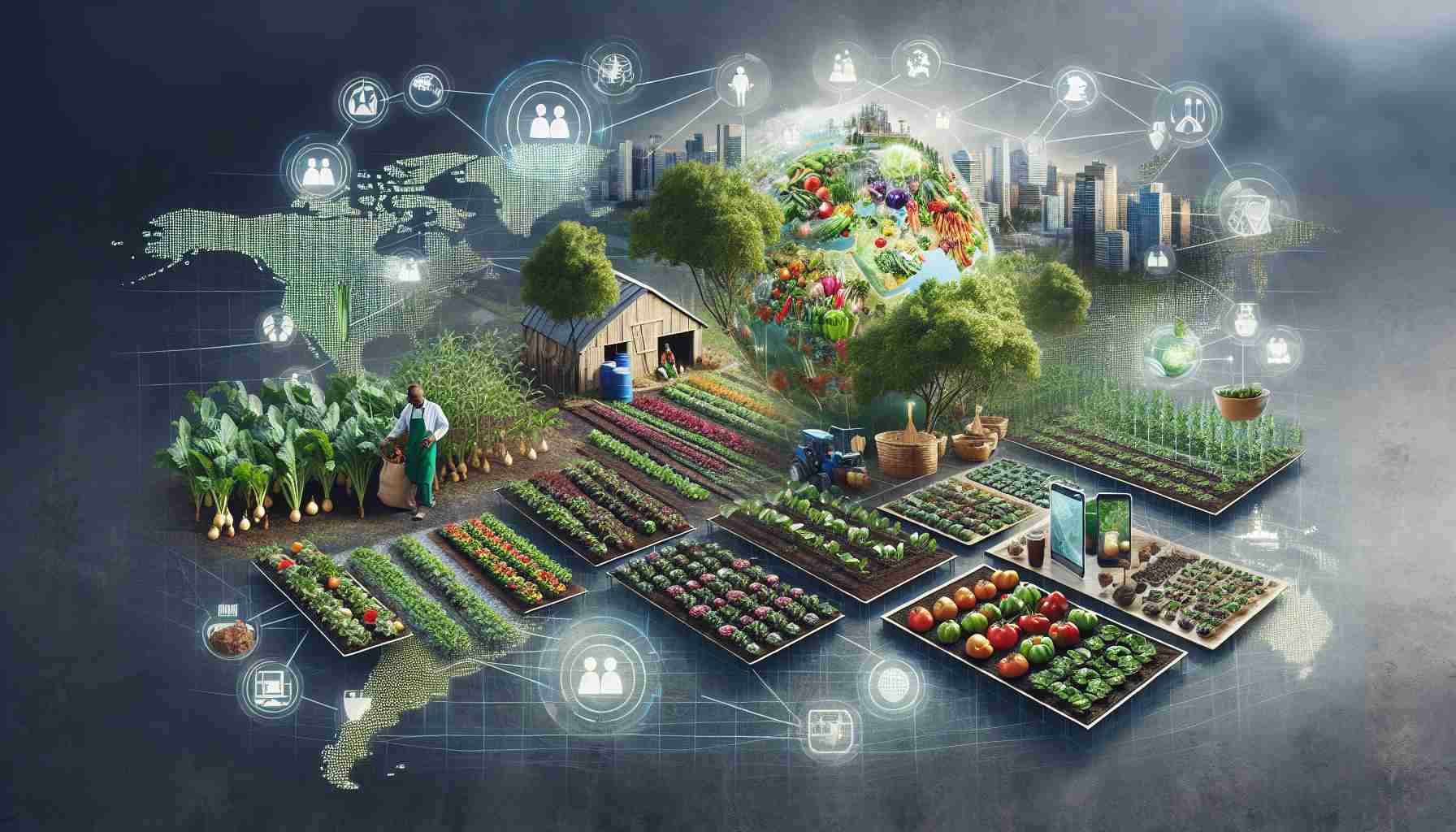Food insecurity remains a pressing challenge worldwide, as millions struggle to access sufficient and nutritious meals. Recent initiatives have emerged that target the underlying causes of this issue, harnessing community resources and technology to enhance food distribution.
One noteworthy approach involves the development of urban farms, which utilize vacant lots to produce fresh produce. These farms not only supply food to local residents but also create jobs and inspire sustainable practices within communities. Collaborative efforts among local governments, nonprofit organizations, and volunteers have seen urban agriculture flourish in cities, providing fresh, healthy food to those who need it most.
In addition, a rise in mobile applications designed to connect food donors with community kitchens highlights the role of technology in addressing hunger. By enabling restaurants and grocery stores to easily share surplus food, these platforms help minimize waste while simultaneously feeding those facing food insecurity.
Education plays a vital role as well. Workshops focusing on nutrition and cooking skills empower individuals to make healthier choices and maximize food resources. This kind of proactive education fosters a culture of sustainability and self-sufficiency.
As communities rally together and leverage innovative solutions, there is growing hope for a future where everyone has access to the meals they need. With continued creativity and collaboration, the battle against food insecurity is becoming a collective mission.
Food insecurity is not just a matter of hunger; it impacts health, education, and economic stability. This complexity necessitates a multifaceted approach to effectively tackle the root causes of food scarcity.
One fundamental question in the discussion of food insecurity is: What are the primary causes of food insecurity? The factors contributing to food insecurity often include poverty, unemployment, lack of access to education, and systemic inequalities. Addressing these root causes is vital for long-term solutions.
Another important question is: How can policy changes support innovative strategies to combat food insecurity? Policies that promote sustainable agriculture, support local food systems, provide financial assistance to low-income families, and improve food transportation infrastructures can be significant in enhancing food security.
Key challenges associated with tackling food insecurity include:
1. Funding and Resource Allocation: Many programs face financial constraints, limiting their ability to operate effectively.
2. Community Engagement: Ensuring community involvement and buy-in can be difficult, especially in areas where people are hesitant to participate in new initiatives.
3. Sustainability: Programs must not only be innovative but also sustainable over the long term to create lasting impact.
Key controversies often arise around food assistance programs: These include debates about eligibility requirements, levels of government funding, and the balance between short-term aid and long-term solutions like job creation and education.
Advantages of innovative food insecurity strategies include:
– Increased Access: Programs such as urban farms and mobile apps can significantly expand access to fresh foods in underserved areas.
– Community Empowerment: Local initiatives foster community spirit, resilience, and ownership of food resources.
– Reduction of Waste: Connecting food donors to community kitchens not only helps those in need but also reduces overall food waste.
Disadvantages may include:
– Reliance on Voluntarism: Many grassroots efforts depend on volunteers, which can lead to inconsistency in services.
– Initial Costs: Setting up urban farms or technology platforms may require substantial initial investments.
– Scalability: Not all innovative strategies are easily scalable; what works in one community may not be feasible in another.
For more in-depth information on food insecurity and innovative solutions, consider exploring the following relevant resources:
Feeding America
World Hunger Education Service
U.S. Department of Agriculture (USDA)


















